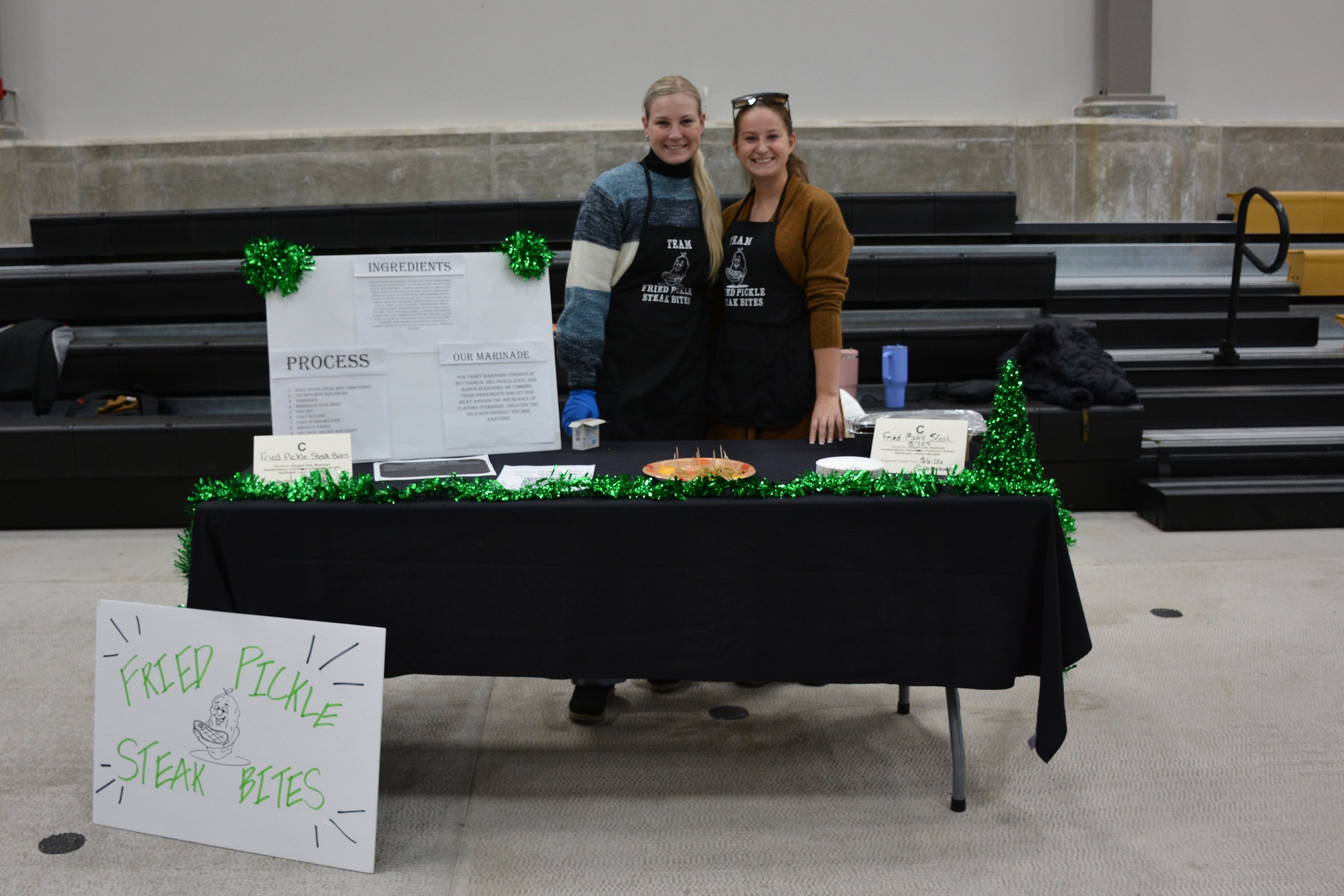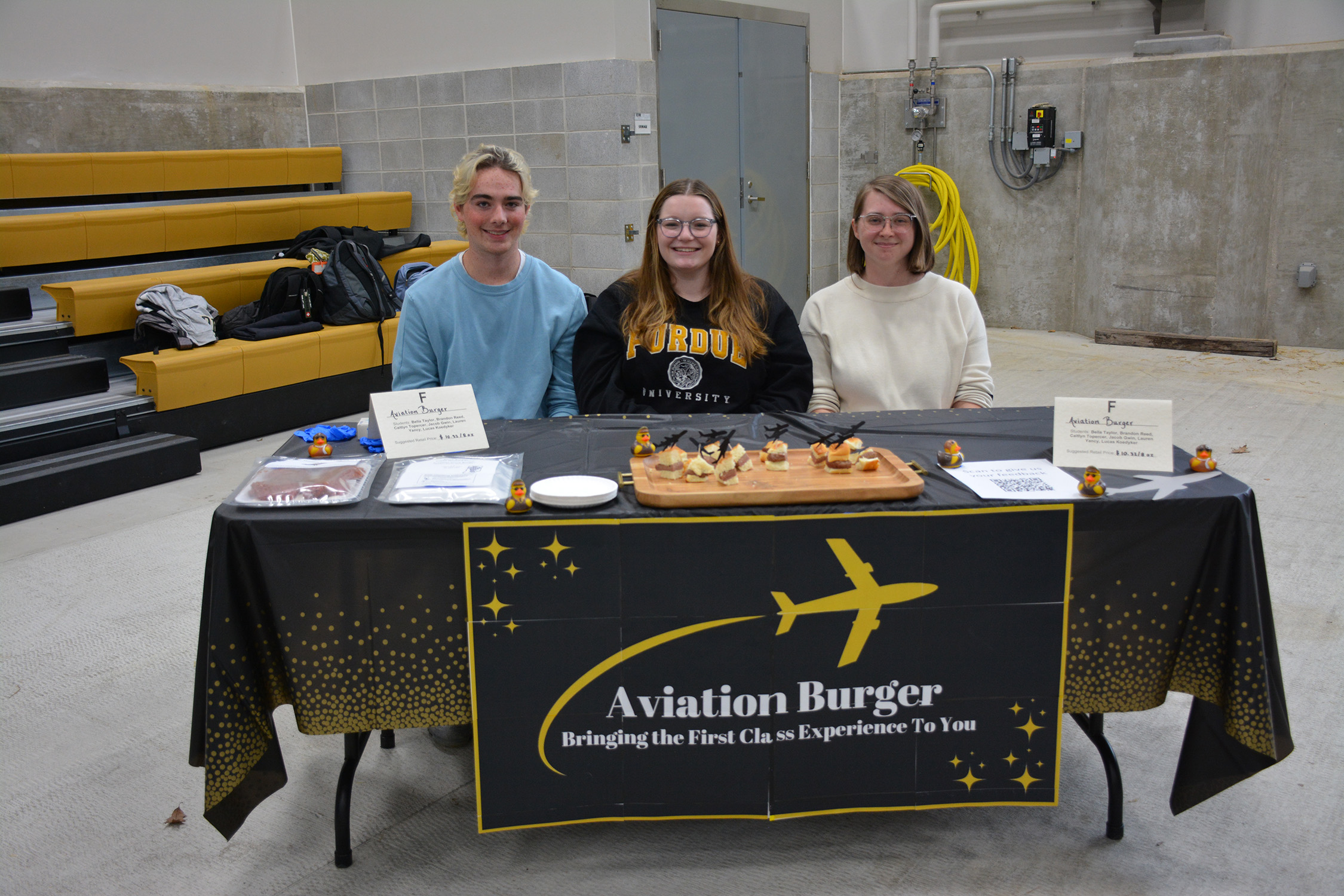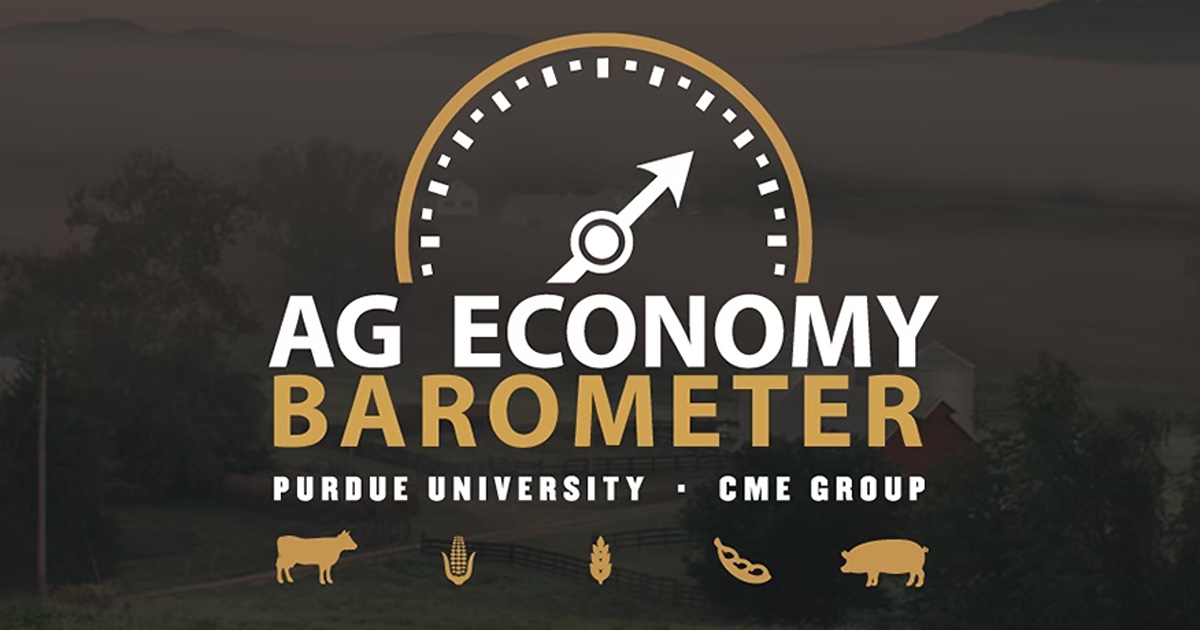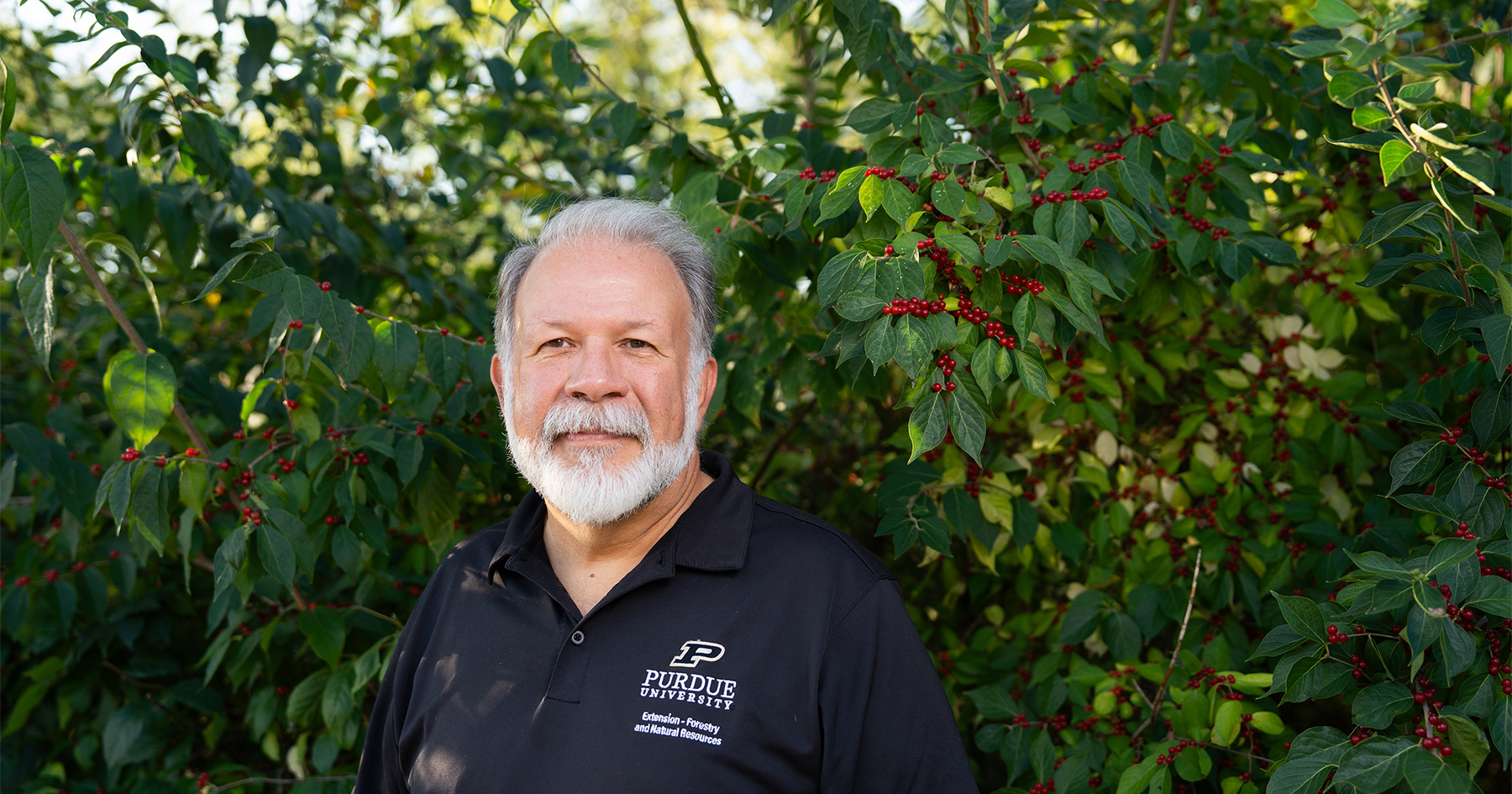From classroom to kitchen: ANSC 360 students showcase meat products
The ANSC 36000: Muscle Food Production and Safety course showcased its students’ meat products on Nov. 21.
This meat science course explores the science, art and economics of processed meats, focusing on value addition through hands-on processing, product development and industry tours. It examines meat-borne pathogens, food safety practices and the seven principles of Hazard Analysis Critical Control Points (HACCP), and students will receive HACCP Certification from the International HACCP Alliance.
This course also allows students to use their meat science knowledge and skills to create a meat product to showcase. Students will take lower-grade meat and add value to it by developing a product, and they work on this product for the duration of the semester.
“In our lower level meat science classes, [students] learn the basics of meat science, food safety and meat processing, but this is where they actually get to learn the food chemistry and regulations more in-depth,” said Stacy Zuelly, Clinical Assistant Professor of Animal Sciences. “This is where they get to develop their own products, and they get to take the things we’ve taught them in 200-level and 300-level classes and apply them as they make a product.”
Zuelly, the professor of the course, said students will gain problem solving and critical thinking skills. She also highlighted how this course provides students with an opportunity to broaden their creative horizons.
Lauren Wardell, a senior in animal sciences taking the course, mentioned she enrolled in the course because she enjoyed another class that Zuelly teaches.
“I took Dr. Zuelly’s ANSC 225 [Principles of Animal Products] class during the second semester of freshman year, and I absolutely enjoyed it,” Wardell said. “Coming from a non-agricultural background, that gave me more of an internal agricultural understanding, and I loved it. I have now taken all of her meat science classes.”
Wardell’s group chose to make fried pickle steak bites, combining a low-grade round steak with pickle juice, ranch seasoning, buttermilk and breading. Other members of her group included Abigail Zelt, Bayleigh Huelsenbeck, Christina Challman and Kristin Northcutt.
 Lauren Wardell (right) and one of her group members
Lauren Wardell (right) and one of her group members According to Wardell, she gained valuable knowledge in food safety, HACCP and food chemistry, which are skills she can now apply to everyday cooking.
Bella Taylor, another student in the course, and her group created “Aviation Burgers,” which are Asian-style duck burgers. Members of her group were Brandon Reed, Caitlyn Topercer, Jacob Gwin, Lauren Yancy and Lucas Koedyker.
 Bella Taylor (right) and two of her group members
Bella Taylor (right) and two of her group members According to Taylor, she learned how to develop a HACCP plan during this experience, and she can take those writing skills and use them in her future career. However, that isn’t the only thing she gained from this experience.
“Being able to think in a product or consumer-way is really important to project what we are doing and what we are trying to sell,” Taylor said. “Being able to do that for this class was also a really valuable skill.”






